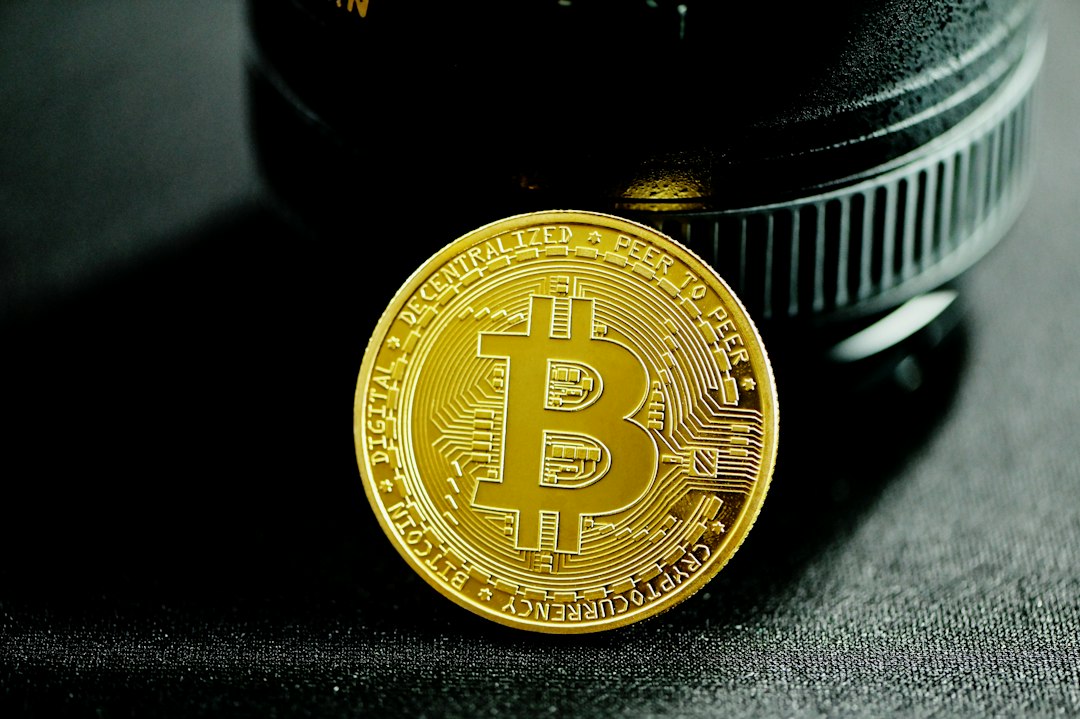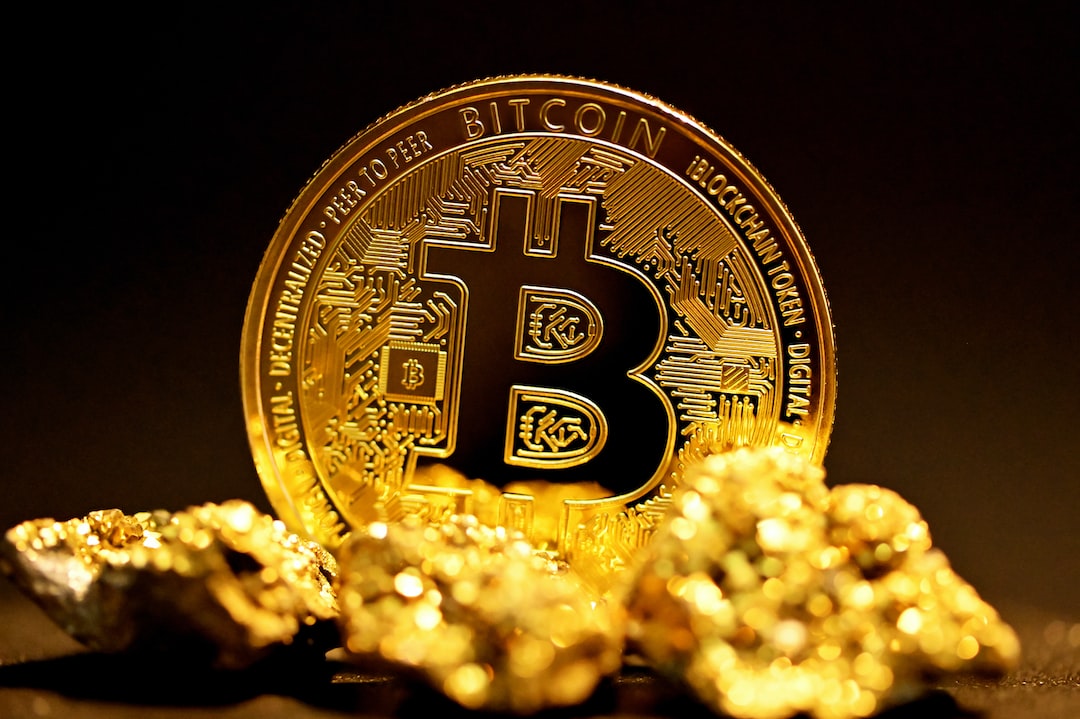The SEC’s Lawsuit Against Binance Reveals Challenges for the Exchange
The highly anticipated hearing of the SEC’s lawsuit against Binance occurred today in Washington, as the trial revealed several challenges for the leading exchange.
Judge Berman Jackson Takes a Direct Approach
In presiding over the case, Judge Berman Jackson took a direct approach, bypassing prepared arguments and asking incisive questions. Her skepticism about the necessity of a contract in an investment contract, drawing on the “scheme” language from the landmark Howey case, set a critical tone for the proceedings.
Judge Jackson’s Doubts and Unique Issues
Judge Jackson expressed doubts over the major questions doctrine and the fair notice arguments presented by the SEC, highlighting the ongoing debate around the extent of the SEC’s authority versus that of the Commodity Futures Trading Commission (CFTC).
The Binance case, distinct from the Coinbase scenario, raised unique issues. Judge Jackson’s skepticism regarding the BUSD stablecoin being offered as an investment contract was evident. However, she seemed more open to the argument that Binance’s BNB token might have initially been offered as an investment contract. This led to a broader discussion about the status of tokens on secondary markets, challenging the SEC’s position that a token perpetually embodies an investment contract.
No Clear Resolution on SEC’s Jurisdiction
The court session ended without a clear resolution on the SEC’s jurisdiction over tokens like Filecoin, leaving out mentioning other major tokens such as Cardano or Solana. The judge resisted conducting mini-trials for each token mentioned in the complaint, especially when their issuers were not part of the case.
Hot Take: Future Implications of the Legal Battle
As the legal battle unfolds, its outcomes are set to shape the future of cryptocurrency regulation, with the world watching closely.





 By
By
 By
By
 By
By
 By
By

 By
By